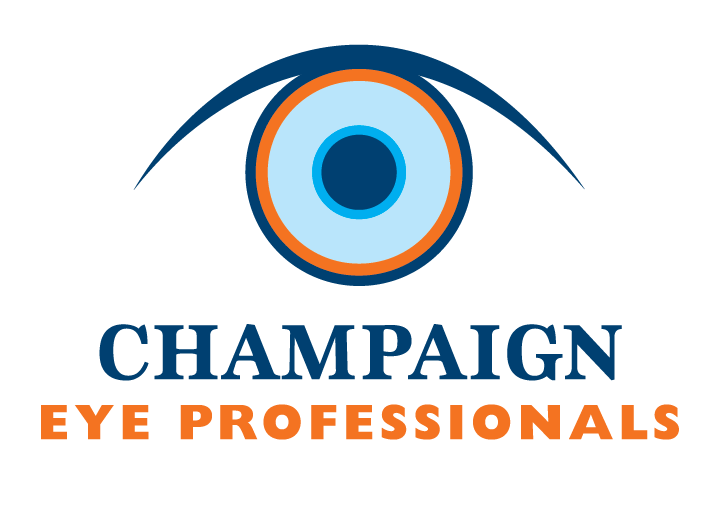Will I Be Able to Drive with Cataracts?
Cataracts in Champaign, IL affect the lens of the eye, otherwise known as the element that focuses light so that it can transmit signals to the brain. When you’re young, that lens is typically crisp and clear, but the lens can start to yellow as you age. While cataracts can happen to anyone, including infants, they tend to affect people in their 60s and 70s. If you’re wondering if you can drive if you have cataracts, we’ll look at the safety concerns.
Driving with Cataracts
If you’re asking whether you can drive with cataracts, the shortest answer is that some people can and do drive with cataracts. Usually, at the beginning of the disorder, your vision hasn’t changed drastically enough to impair your abilities on the road. However, cataracts usually get worse over time, so it’s important to pay attention to deteriorations long before they can affect another driver, passenger, or pedestrian.
What to Keep in Mind
Cataracts can progress very differently for different people. In some cases, the disease is so slow-moving that it doesn’t affect the individual in any noticeable way. They may have a slight tinge in their vision, but not enough to impact their daily routines. For others, the issue progresses rapidly, quickly becoming a do-or-die situation requiring cataract surgery to see clearly. The problem is often the in-between cases, where the changes occur, but they’re slow enough that they’re not altogether noticeable.
If you have questions about your cataracts, it can help to see an eye doctor in Champaign who can tell you more about whether it’s safe for you to get behind the wheel. At Champaign Eye Professionals, we can give you a comprehensive evaluation, so you’re completely confident on the road.





Leave a Reply
Want to join the discussion?Feel free to contribute!